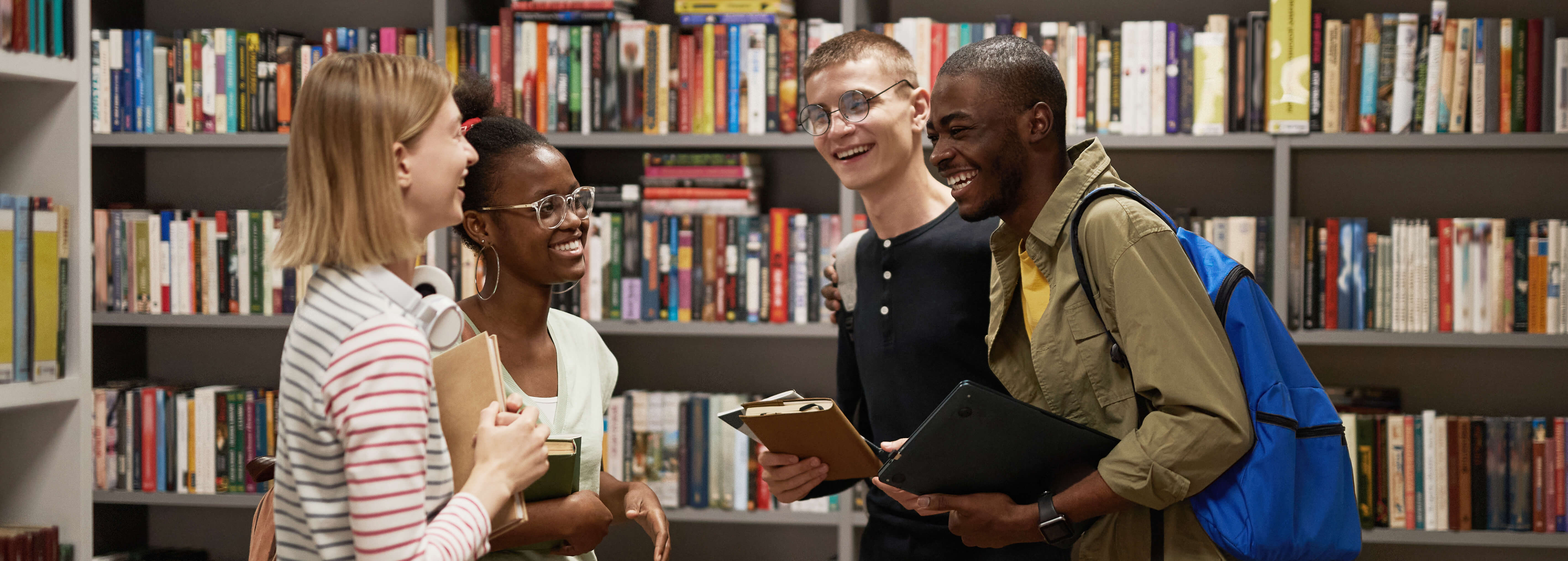Understanding Student Experiences of Induction

Authors
Dr Colin Milligan
Senior Research Fellow, Department of Academic Development & Student Learning, Glasgow Caledonian University
Director of the Graduate School, Glasgow Caledonian University
Our student population is becoming increasingly heterogeneous. How do we make sure that our Induction experience is suited to the needs of this complex and diverse group?
This blog post describes the challenges we recognised in our induction provision, and how we improved our understanding of student perspectives through survey and other consultation.
At Glasgow Caledonian University we welcome around 5000 new students each year across programmes including Nursing and Healthcare, Business, Computer Science Engineering and Construction. Many of our undergraduate entrants come from Scotland’s most disadvantaged backgrounds, while our taught postgraduate programmes welcome international students from over 100 countries worldwide. We are Scotland’s leading provider for Graduate Apprenticeships with significant numbers of mature students and students who join us part way through a Degree programme having ‘articulated’ from college. Our diverse student body need and expect different things from their first weeks at University. Reflecting on Induction, we recognised that several of the key challenges were:
- Many of our new students sometimes struggle to engage with their studies and feel part of a learning community
- Understanding the norms and expectations of higher education study (particularly if arriving from a different education context e.g. college or a non-UK educational system and culture)
- Late arrival, sometimes even several weeks into teaching, particularly for international students.
It was important to collect data to increase our understanding of the initial student experience and move beyond anecdote.
At the beginning of AY 2023-24 we undertook a survey of all arriving students (~5,000) to understand the diversity of their induction experience. A healthy response rate of 44% meant we had a significant data set to explore.
Quantitative data showed high satisfaction rates approaching 90% (among respondents) but clear evidence of some underlying challenges, including perceived inadequate guidance on accessing key services such as wifi (noted by 50% respondents) and printers (73%) and indications that despite our efforts at induction, a sizeable proportion (28% of respondents) did not yet feel part of a community of staff and students, and more than half (51%) felt they had not been given an opportunity to meet students from other courses.
Qualitative data helped us explore these issues in a little more detail while also giving further insight into the initial experiences of our students. The main themes emerging were as follows:
The social experience of university
Anxiety and expectations
Other issues that emerged highlighted how many students were juggling work and study, and hadn’t prioritised attending induction as timetables had been set too late.
The data collected provided valuable information about our student expectations, and the qualitative data in particular, highlighted how diverse their experience was. Of course, over half our students didn’t respond, and we know from other data that many of our international students either do not arrive in time for Induction Week – or are too busy arranging visas and accommodation. However, there is good evidence that, in general, where students have engaged in induction activities and/ or resources, their satisfaction is predominantly positive.
Concluding remarks
The data gathered through this exercise have reaffirmed the complexities of successful student transitions to university. A significant range of activities are undertaken by Academic Schools and Professional Support Services to facilitate smooth inductions. The following key induction-related challenges have been identified for further enhancement:
- The need for induction to actively begin pre-arrival and registration
- Formalising extended academic induction explicitly within all taught provision
- The importance of a whole institutional approach to induction through academic Schools, professional services and the Student Association working together in partnership
- Supporting our students’ academic preparedness, in recognition of an increasingly diverse student body with complex, individual needs and in a constrained resource context
- Targeting support for academic programme teams in terms of curriculum design, assessment, student support and modes of delivery to meet the needs of an increasingly diverse student body e.g. in terms of ethnicity, declared disabilities, work-based learners and changing students’ expectations/ societal norms.
Ongoing work at Glasgow Caledonian University, led by our new PVC Education, is addressing these challenges through our continued holistic approach involving schools, professional services and students themselves. Consistent with 2023/24, this year’s new entrants have been invited to respond to the induction survey and the results will be analysed as before, to facilitate benchmarking.
The challenges identified through our work apply to the whole higher education sector although the relative emphases will differ depending on the nature of individual institutions and even programmes within them. There is a need for the ongoing sharing of practice, knowledge and experience as well as co-creating solutions with our students in this space through professional networks and open educational resources.

